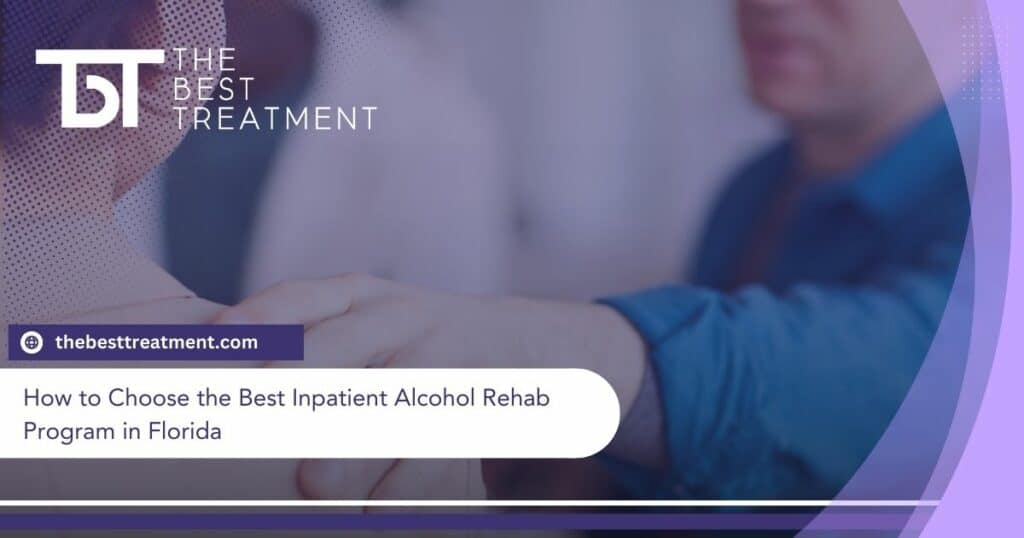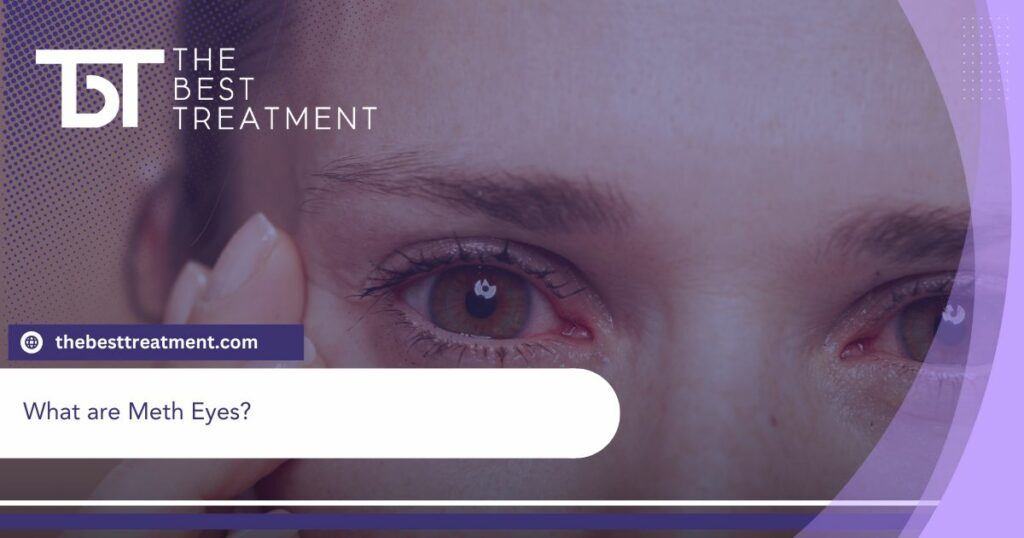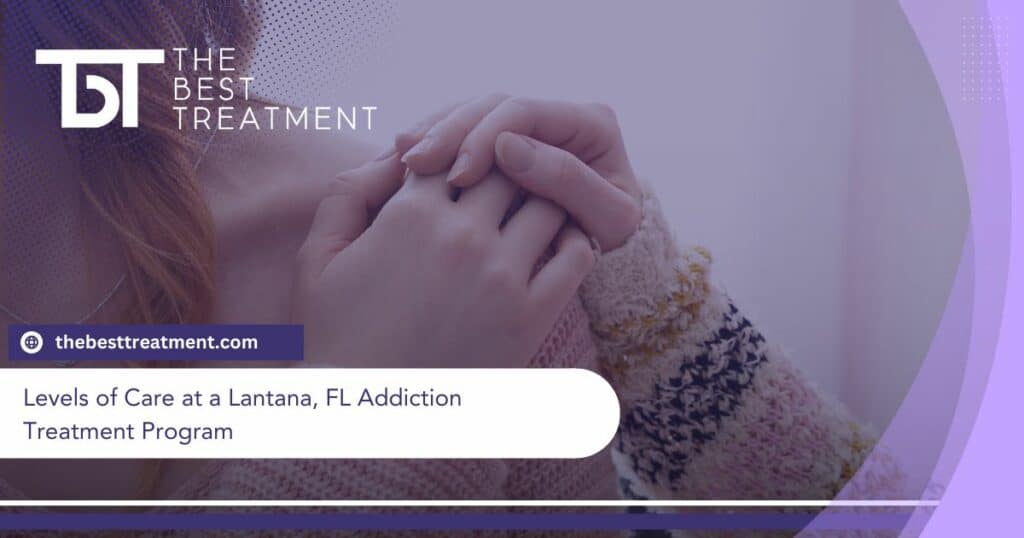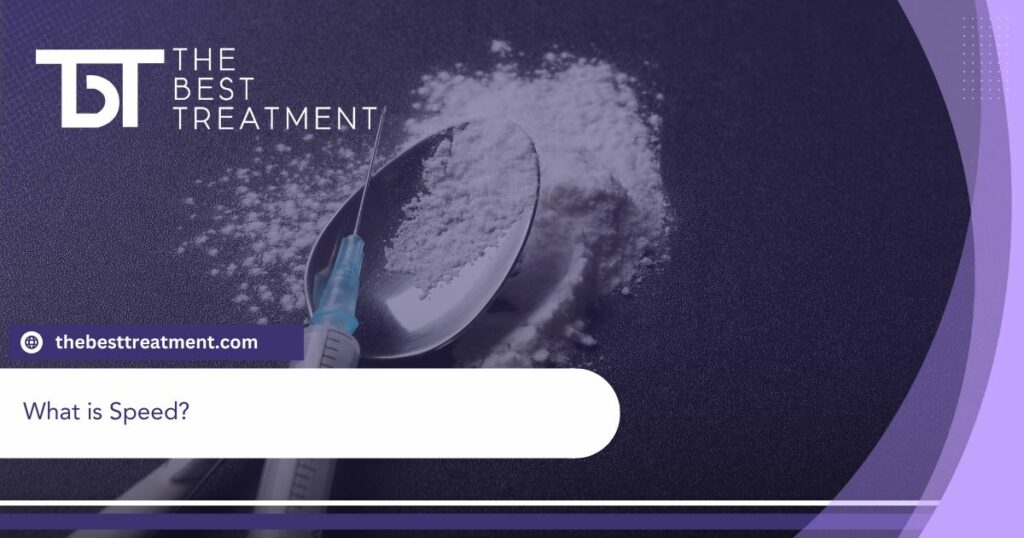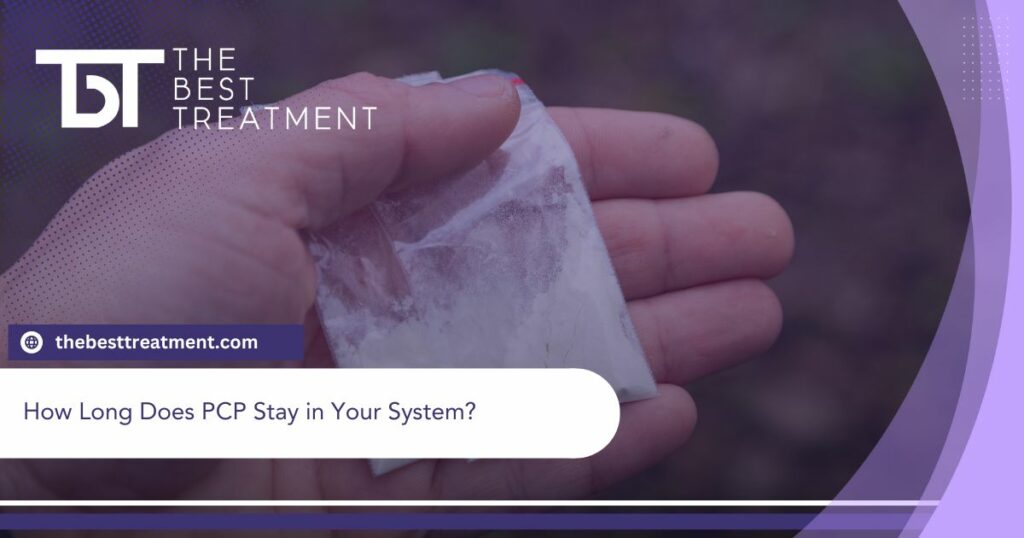Table of Contents
The Relationship Between Seasonal Depression and Addiction
This past weekend, we set our clocks back. Now we get to experience the evening darkness an hour earlier than what we have been used to for the past six months. For those who suffer from a seasonal depressive disorder, this is right around when those feelings of doom will start kicking in.
It is not just from the dark either, there are many other stresses that start coming around this time of year. People who live in states where they get the four seasons (not us in Florida!) it is starting to get colder, this causes many people to isolate into their homes more than what they would in the warmer months of the year. The most common time of the year that people experience seasonal depression is during the holiday season and long winter months. It also ties in closely with addiction.
When people isolate themselves are feeling low, they tend to self medicate with drugs or alcohol to deal with their mood issues. Some common symptoms of seasonal depression, the clinical term being “Seasonal Affective Disorder” include:
Social Withdrawal
Low Energy
Hypersomnia
Overeating
Weight Gain
Craving Carbs and Junk Foods
Neglecting Personal Hygiene
For those who struggle with this, it has been said they almost feel like just “hibernating” for the winter. There is no urges to be productive, active, or social.
When it comes to struggling with Seasonal Affective Disorder and addiction, it is estimated that more than 20% of those diagnosed with a mood disorder also have a substance abuse disorder according to the National Institute of Mental Health. It is also a challenging obstacle to overcome for those who are already recovering from drug or alcohol abuse. The intensified depression and stress levels can be triggers for those who are trying to stay away from all substances.
At The Best Treatment Center we offer co-occurring disorder treatment that addresses both the mental health issues and addiction at the same time. We know every client that comes through our doors needs effective integrated treatment that addresses every aspect of their lives. We are able to address Seasonal Affective Disorder and addiction in small groups, and one-on-one therapeutic treatment. When both illnesses are treated, the chances for a full and lasting recovery are greatly improved.
All co-occurring treatment programs that include SAD and addiction should always include:
Individual counseling: One-on-one individualized therapy with a primary therapist, these sessions include various therapies and have a family therapy aspect involved. The primary therapist addresses all issues that are making the client’s life unmanageable in addiction but also mental health.
Group therapy: Peer group support is important when taking on addiction straight on, all groups are run by a primary therapist, but it is important for clients to see everyone is working together to overcome their addiction and mental health disorders.
Partial Hospitalization and Intensive Outpatient Program: Our PHP and IOP provides balance between direct medical supervision and individual accountability, allowing clients to take on their addiction while receiving treatment for the co-occurring disorder.
Ongoing support We know all of our clients need continued support after they leave treatment in order to be successful living life clean and sober. We offer an integrated care program can provide continuing care for patients, offering them the accountability and support they need to continue along their recovery journey.
Along with quality treatment care there are many things that can be done at home to manage a co-occurring disorder, we encourage clients to:
eat a healthy diet
get enough sleep
Take their physician provided medications
exercise regularly
engage in sober activities
Many people in recovery with co-occurring SAD may isolate themselves during this time of year. Instead of helping the situation, isolation often results in increased feelings of sadness and loneliness, can lead to depression and increase substance use risk. So reach out to your friends who are withdrawn. It can have a large impact in the end.
To Learn more contact The Best Treatment Center today! Live Your Best Life:
Call us: 1-888-4TBTNOWMedically Reviewed: September 25, 2019

All of the information on this page has been reviewed and verified by a certified addiction professional.





